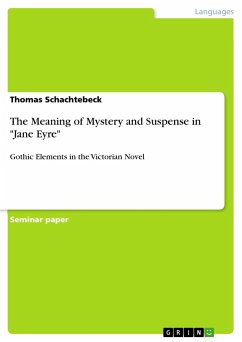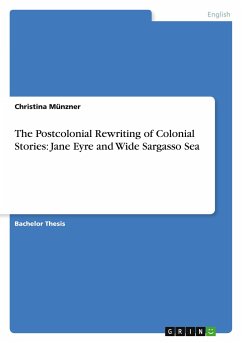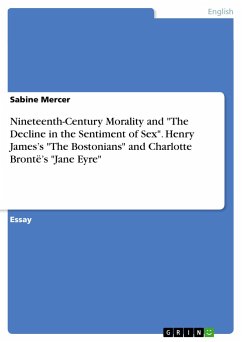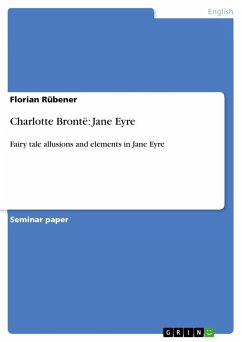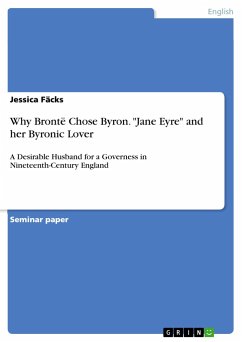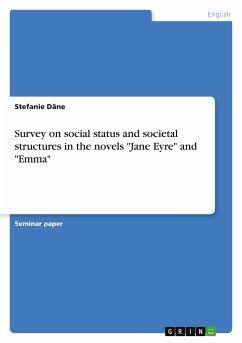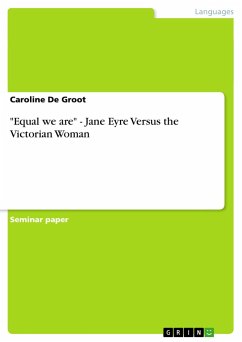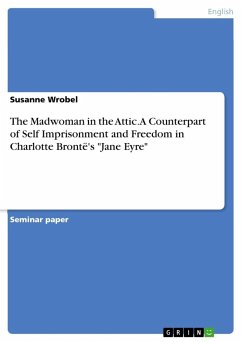Seminar paper from the year 2006 in the subject Didactics - English - Literature, Works, grade: 2,0, Free University of Berlin (Fachbereich Englisch), course: Surveying English Literatures II , language: English, abstract: Gothic Elements in the Victorian Novel -The Meaning of Mystery and Suspense in Jane Eyre1IntroductionUndoubtedly, Charlotte Brontë's Jane Eyre was one of the most successful and influential novels published during the era of Victorian England, which lasted from 1837 until 1901 , and even today, Jane Eyre is regarded as one of the most important masterpieces in the history of world literature. Although Brontë's novel primarily fulfills features of the romance novel - certainly a very popular and widespread genre among Victorian writers - Jane Eyre can be accounted a hybrid of three literary genres, which not only shares romantic elements, but also characteristics of the Bildungsroman and the Gothic novel. However, Brontë's novel basically follows "two traditional plot lines" (Heller 1993: 49) of Victorian women writing. On the one hand, Jane Eyre comprises a love story between a man and a women, represented by the relationship between Jane and Rochester, which clearly corresponds to romance elements, whereas, on the other hand, the story of Jane's personal and psychological development, which is expressed by her different encounters with the external world over a large range of time, corresponds to the female Bildungsroman. Nevertheless, in Jane Eyre, both plots are strongly interrelated with each other, what makes each plot rather complex and difficult to analyse (cf. Heller 1993: 49). Moreover, Charlotte Brontë repeatedly utilised several mysterious and horrific incidents - which are clear indicators for a Gothic influence - throughout the whole novel. The question may be raised, how and for what purpose did Brontë implant Gothic elements in her novel, although the period of 'classic' Gothic writing had already come to an end in the early 19th century. Was it just for the cause of catching the reader's attention and making the story more interesting to read, or was there even more behind it?In order to find a suitable answer to that question, this essay will first point out a couple of striking and important scenes which represent typical Gothic features in Jane Eyre, and then, it will try to analyse the causes for the application of these Gothic elements and their effect on the novel's message which is aimed to be delivered.

